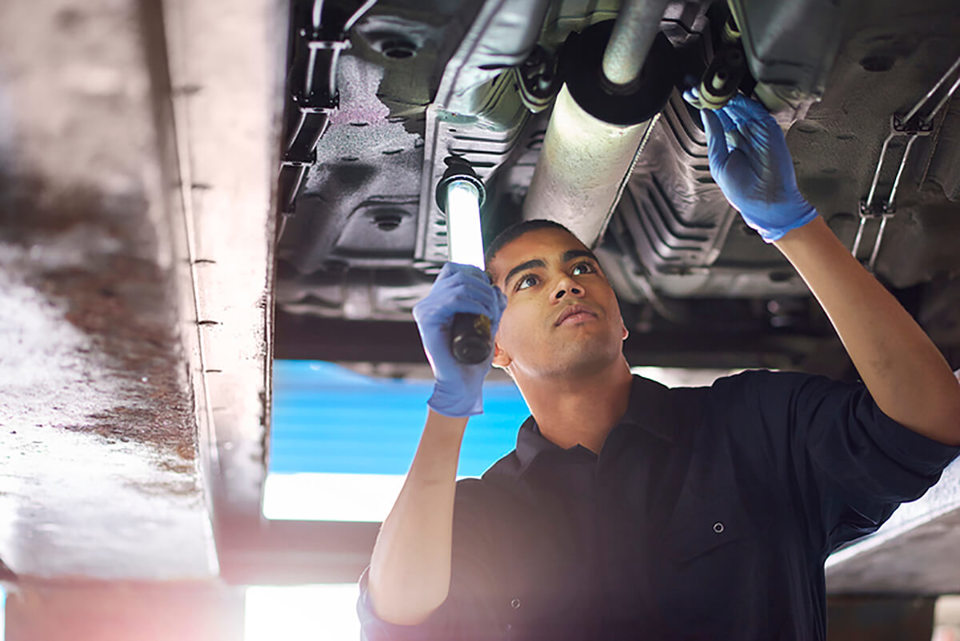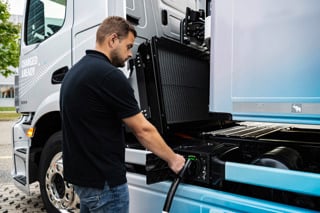Cash-strapped police forces could achieve savings of up to 40% on vehicle parts, according to the Independent Automotive Aftermarket Federation (IAAF).
It claims choosing franchised dealers to supply parts like brake pads, cambelts and batteries is a waste of money, especially when facing cuts to budgets.
Speaking at the National Association of Police Fleet Managers (NAPFM) conference and exhibition, IAAF chairman Nick Wilton, also chairman of independent parts supplier Flying Penguin, told delegates they had nothing to fear from going down the independent aftermarket route.
“Given the huge pressure to save, it’s painful for me to see police forces restricting themselves to genuine parts only and paying more than they need when we can provide identical kit for a substantial saving,” he said.
Wilton, who is currently supplying West Midlands Police, as well as the Ministry of Defence and the United Nations, claimed that fleets are paying a premium simply to have the manufacturer’s branding on the parts they use.
However, if they bought exactly the same parts from original equipment manufacturers such as NGK, Bosch and Gates, without the carmaker’s marque, they would save cash without compromising on quality.
“These are not second-rate companies,” said Wilton. “These are some of the biggest OEMs on the planet and we are taking about original equipment quality at a fraction of the cost.”
He continued: “Typically we find we’re delivering our clients savings of between 35% and 40% based on the manufacturer’s transaction price. But there are also indirect savings. You can rationalise the supply chain because you can deal with one supplier for all your fleet needs.”
Wilton was involved in negotiating the block exemption regulations in 2010, which protect the warranty irrespective of the aftermarket route chosen as long as it meets quality standards.
“The European Union is very conscious of some anti-competitive practices exercised by some vehicle manufacturers to control the aftermarket,” he said.
“The onus is now upon the vehicle manufacturer to demonstrate that the parts that you have fitted are not original equipment quality.”
However, Kent and Essex police fleet manager John Gorton argued that parts supplied by the manufacturer gave them confidence. He said: “The issue for us is that when we buy a product that is branded we are buying reassurance that the manufacturer entirely endorses it and says that it’s the right part for that vehicle.
“But if there was some way of being told that a particular part being supplied is identical, is made in the same factory and in the same way as the part being fitted by the manufacturer, I would feel a lot more comfortable.”
A scheme exists in the crash repair sector run by Thatcham. It accredicts non-original equipment cosmetic parts, such as panels, for use in accident repairs.
As the Government’s austerity drive begins to bite, public sector fleets can ill afford to leave any stone unturned in their search for savings.
Richard Flint, chairman of the NAPFM, concluded: “The days where you could just buy manufacturer parts are going. You can no longer throw money at an issue. Instead, we’ve got to think and act differently, but at the same time we need support from above in the decisions we take.”
More on page two
























Login to comment
Comments
No comments have been made yet.